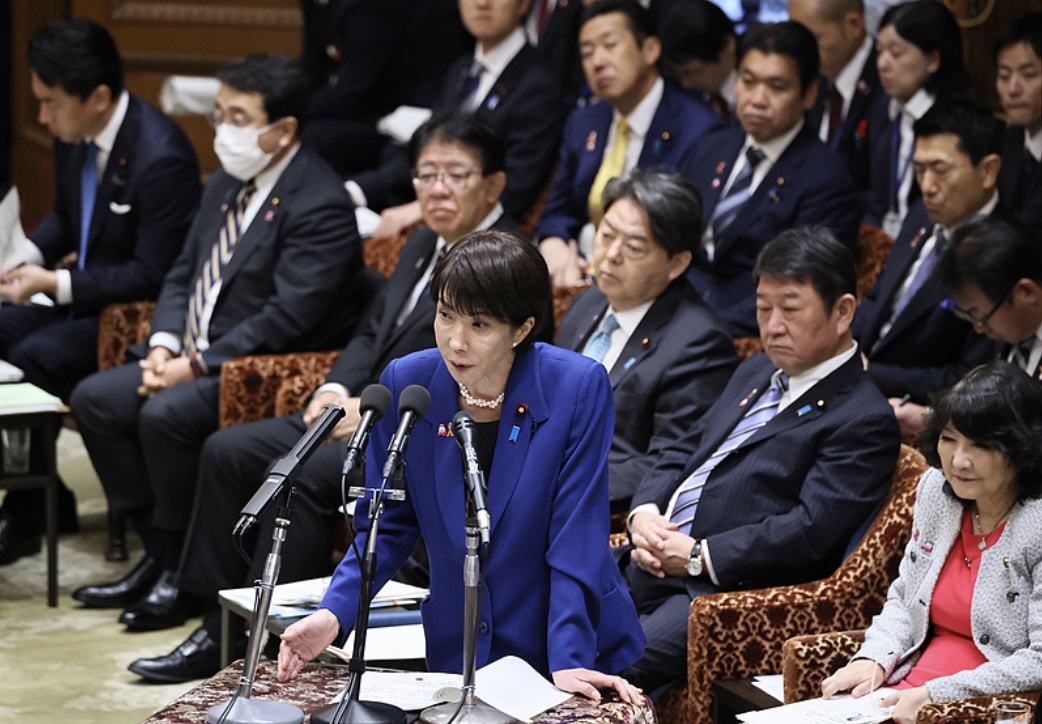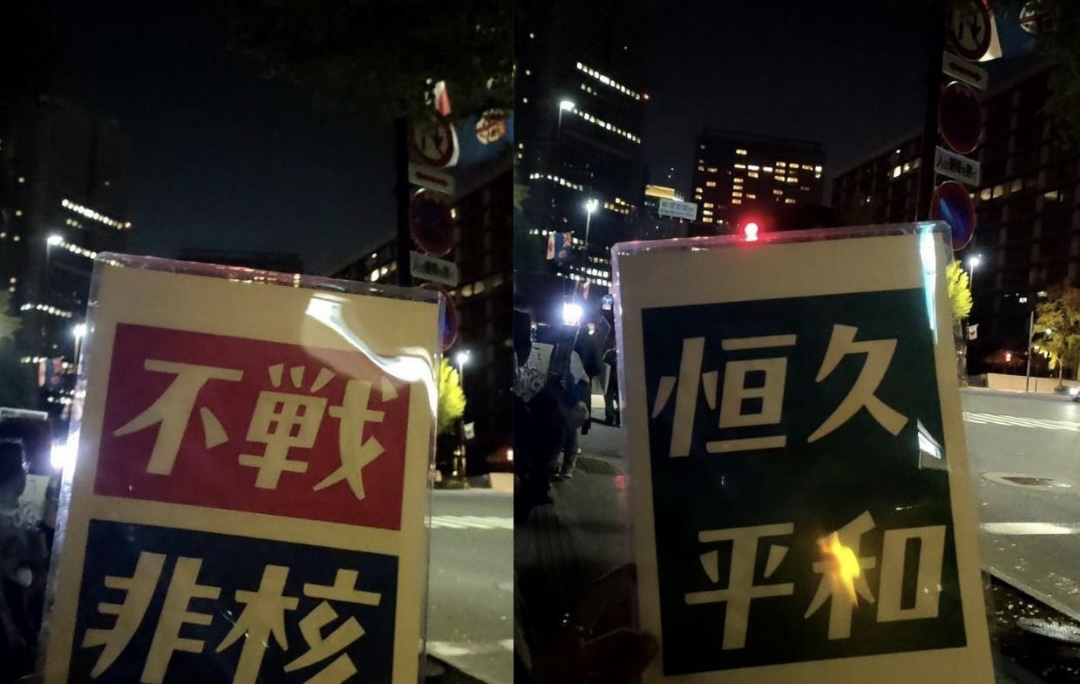Nov 24 (News On Japan) - Japanese Prime Minister Sanae Takaichi has sparked uproar after declaring in parliament that a conflict in the Taiwan Strait could qualify as a “survival-threatening situation” for Japan—language that would allow Tokyo to exercise collective self-defense, including potential military action.

It is the first time since World War II that a sitting Japanese leader has openly suggested armed involvement in the Taiwan issue.
What Is a “Survival-Threatening Situation”?
The term was created under the 2015 security laws championed by the late Shinzo Abe. It allows Japan to use collective self-defense if an attack on a closely related country threatens Japan’s survival.
Most constitutional scholars argue this reinterpretation contradicts Article 9, which renounces war. Critics say it was designed to loosen postwar limits on Japan’s military activities and pave the way for wider overseas operations.
Takaichi Links Taiwan to Japan’s Security Doctrine
During a Diet session on November 7, 2025, Takaichi claimed a Taiwan crisis could fall under this category, implying that Japan might intervene militarily. Experts widely criticized the logic, noting that Taiwan is considered part of China, making the claim legally dubious.
Analysts warn that Japan has historically invoked similar “crisis” narratives to justify expansion in the early 20th century—raising concerns about echoes of past militarism.

A Broader Defense Shift Underway
Since taking office, Takaichi has pushed an assertive agenda:
Sharp increases in defense spending,
Relaxation of arms-export rules,
Expansion of pre-emptive strike capabilities.
The ruling LDP is preparing to revise three key security documents. Reported topics include raising defense spending to 2% of GDP, easing lethal-weapons exports, considering nuclear-powered submarines, and debating the Three Non-Nuclear Principles.
Nuclear Policy Debate
Japanese media report that Takaichi is exploring changes to the ban on “introducing” nuclear weapons, arguing it could strengthen U.S. deterrence. Asahi Shimbun warned that the principles—central to Japan’s identity as the only nation bombed with nuclear weapons—should not be altered lightly.
Domestic Backlash and Protests
Takaichi’s remarks triggered swift condemnation.
Former prime ministers Shigeru Ishiba, Yukio Hatoyama, and Yoshihiko Noda criticized the comments as reckless and unprecedented. Opposition parties said her reasoning was “illogical” and risked worsening relations with China.
Public protests soon followed. On November 14 and 15, demonstrators—particularly from Okinawa—rallied in Tokyo, calling for Takaichi’s resignation and urging her to retract her statements.
Analysts: A Shift in Japan’s Postwar Identity
Observers say Takaichi’s rhetoric reflects the rise of right-wing nationalism and attempts to reshape Japan’s postwar pacifist identity. By amplifying narratives such as “China threat” and “Taiwan contingency equals Japan contingency,” critics argue she aims to justify broader military normalization and a potential break with Japan’s status as a defeated nation bound by post-1945 constraints.















